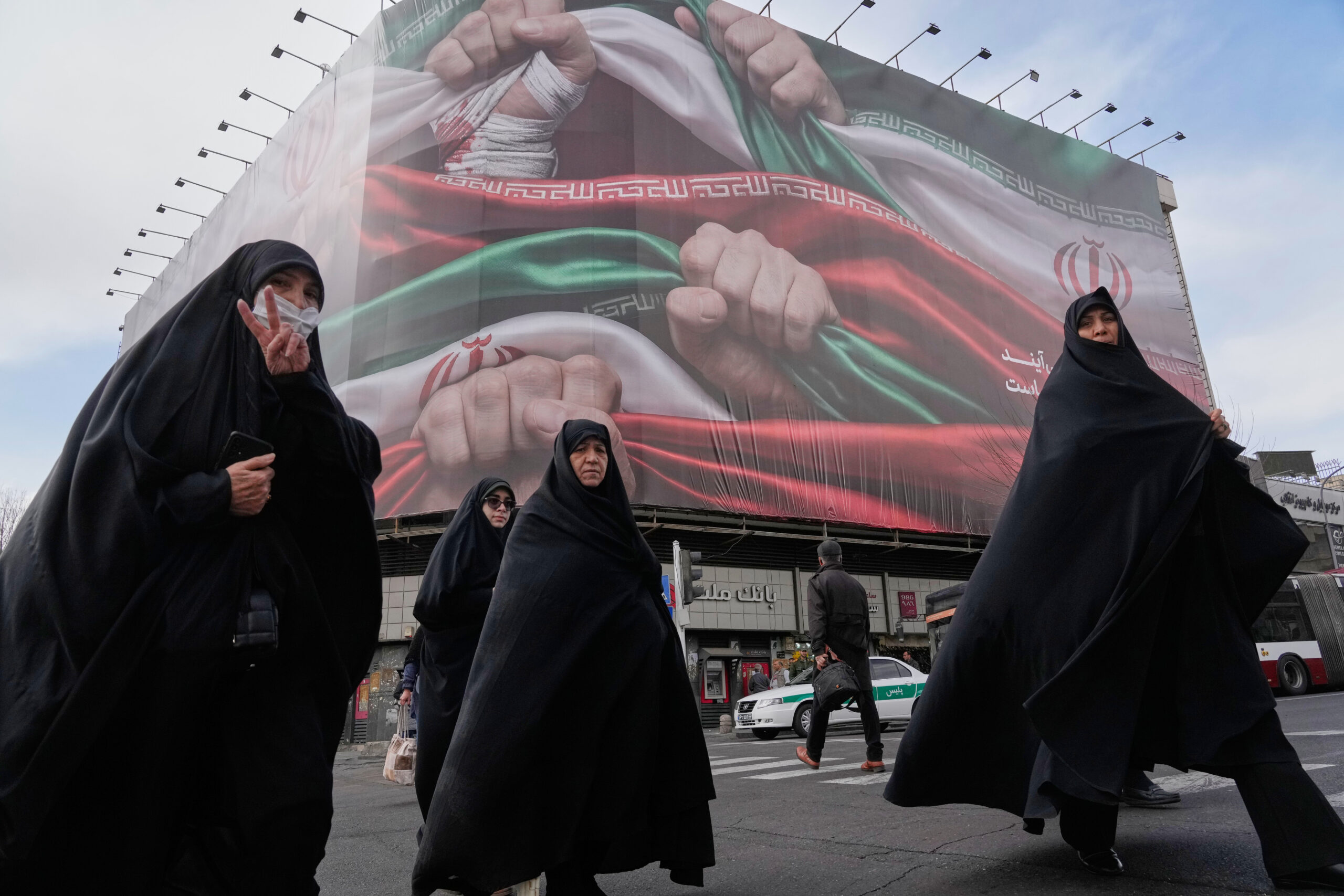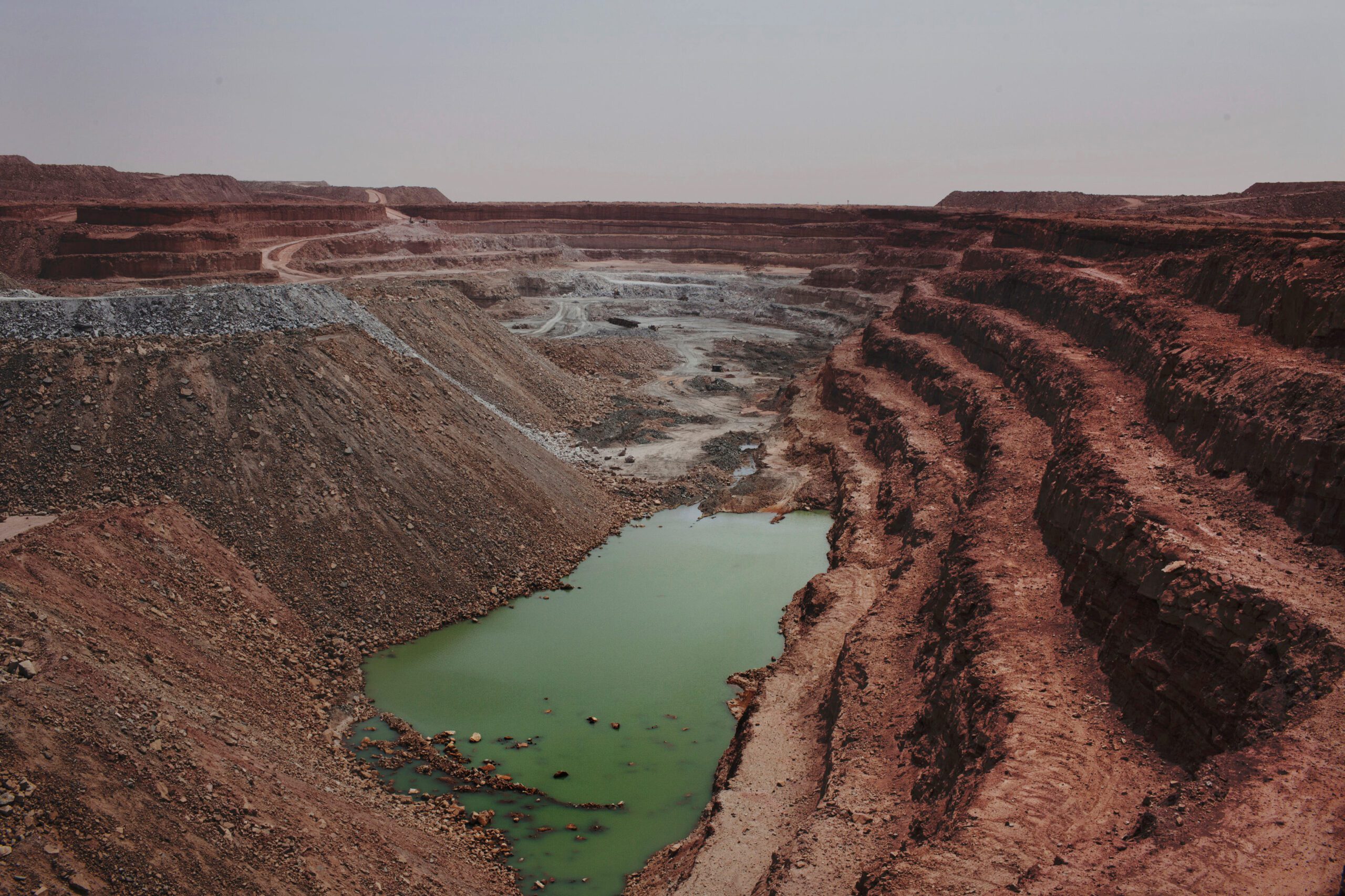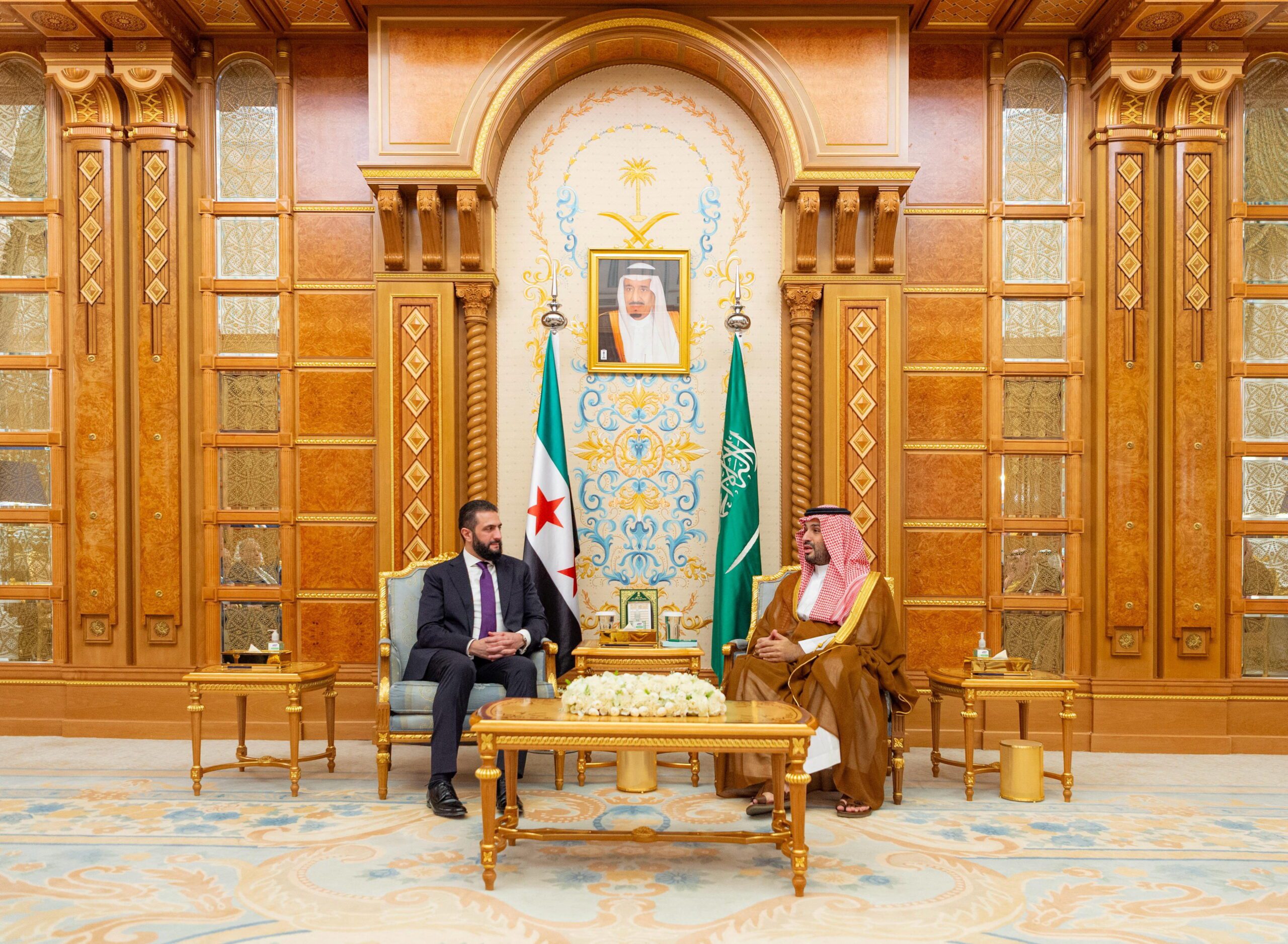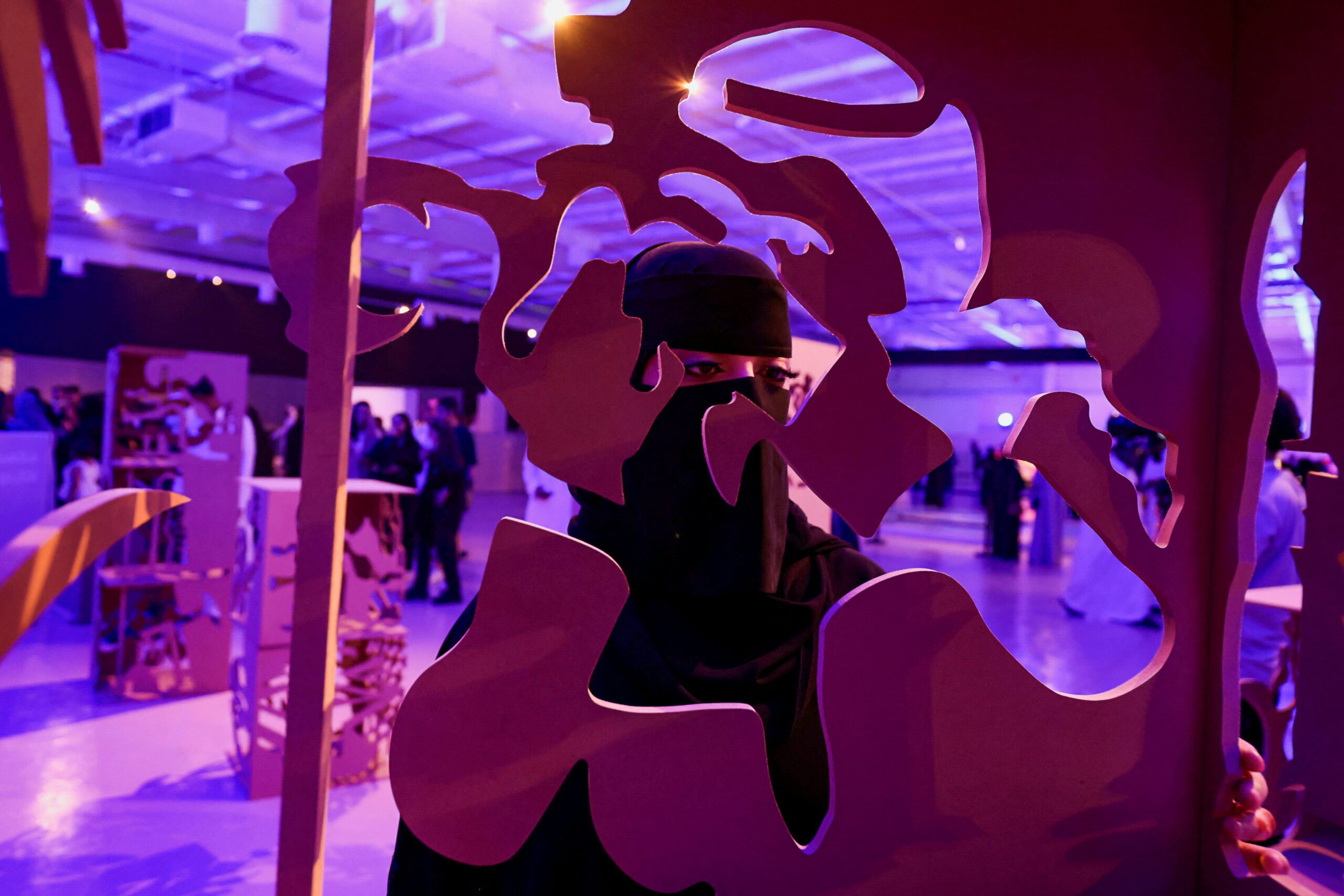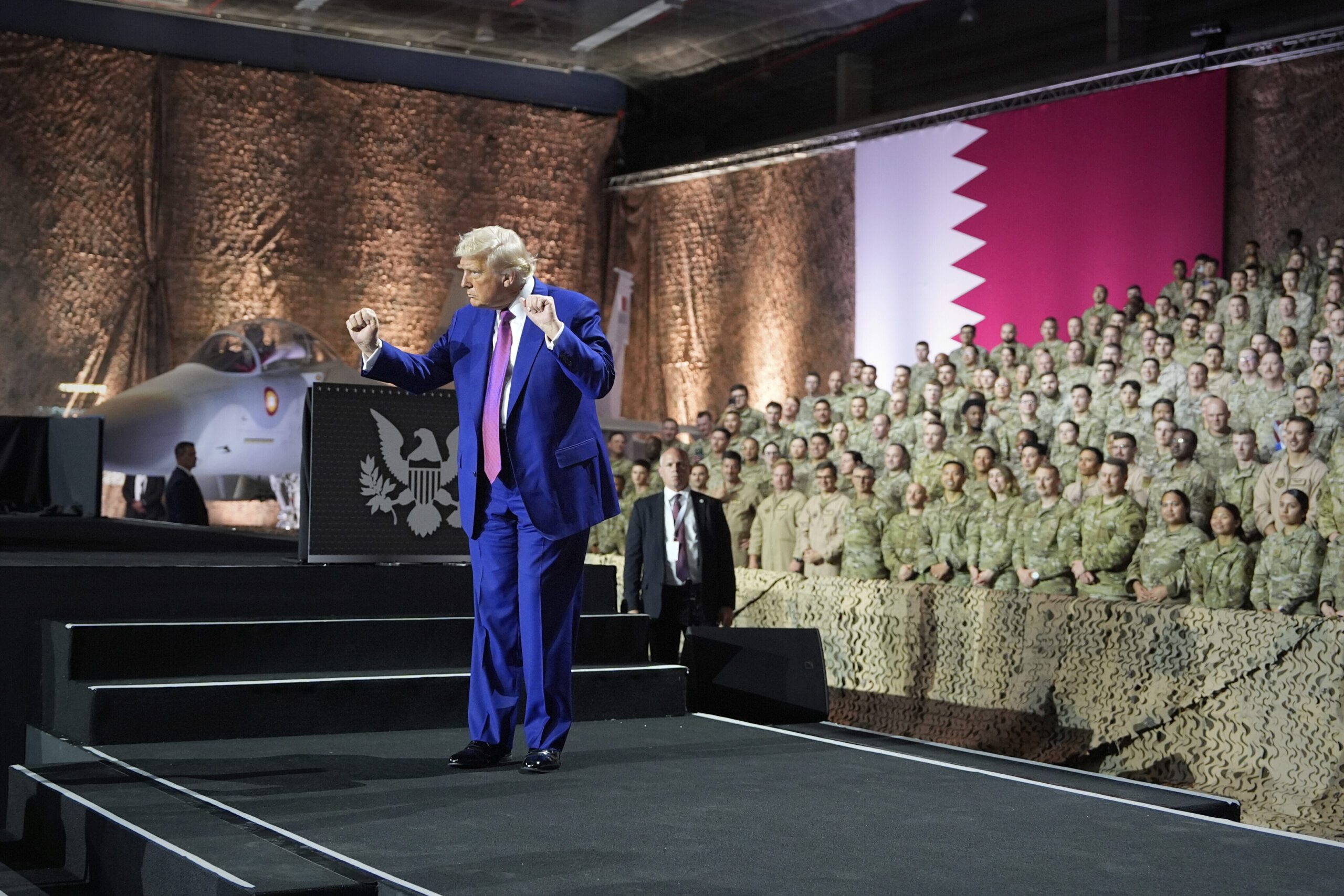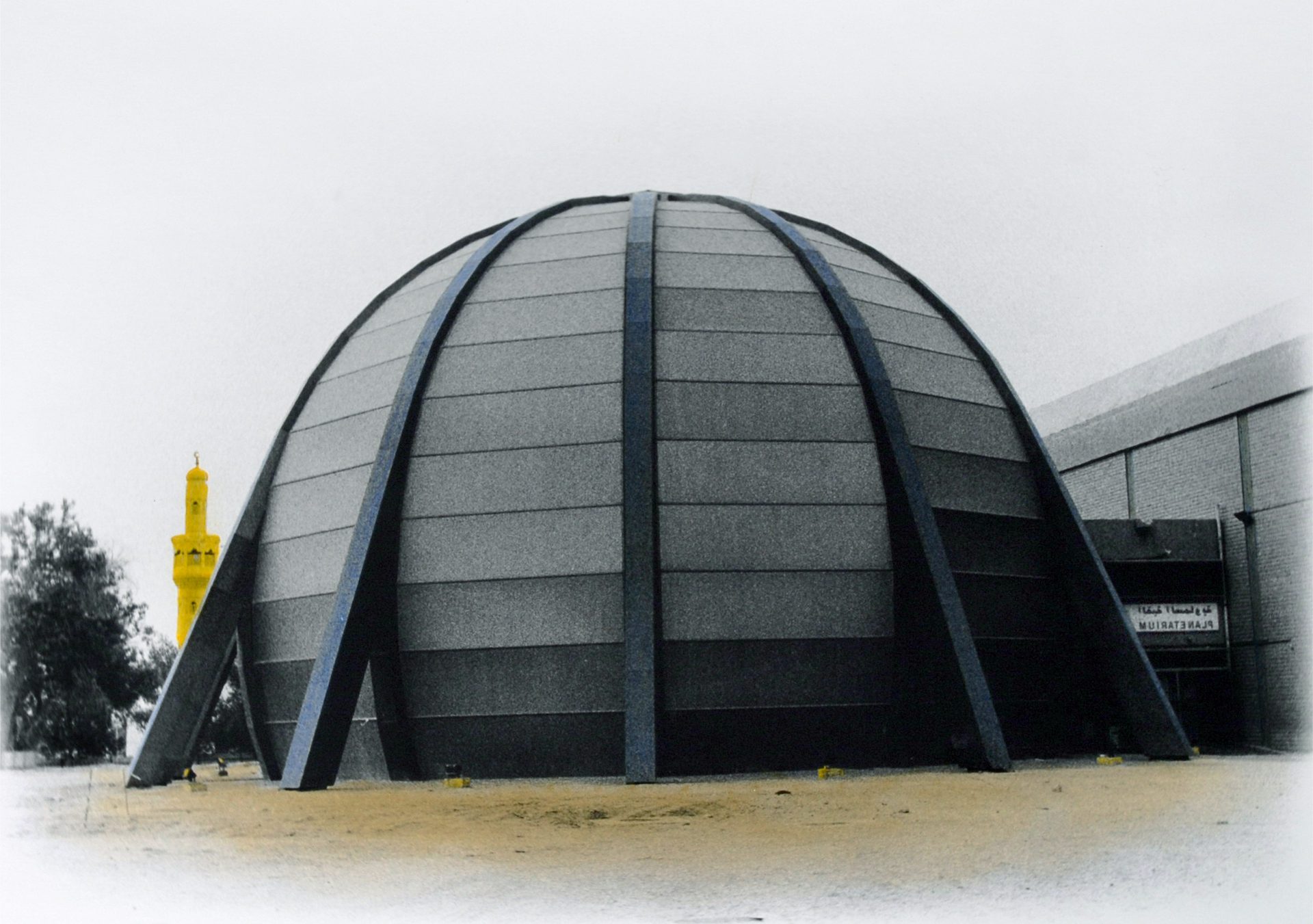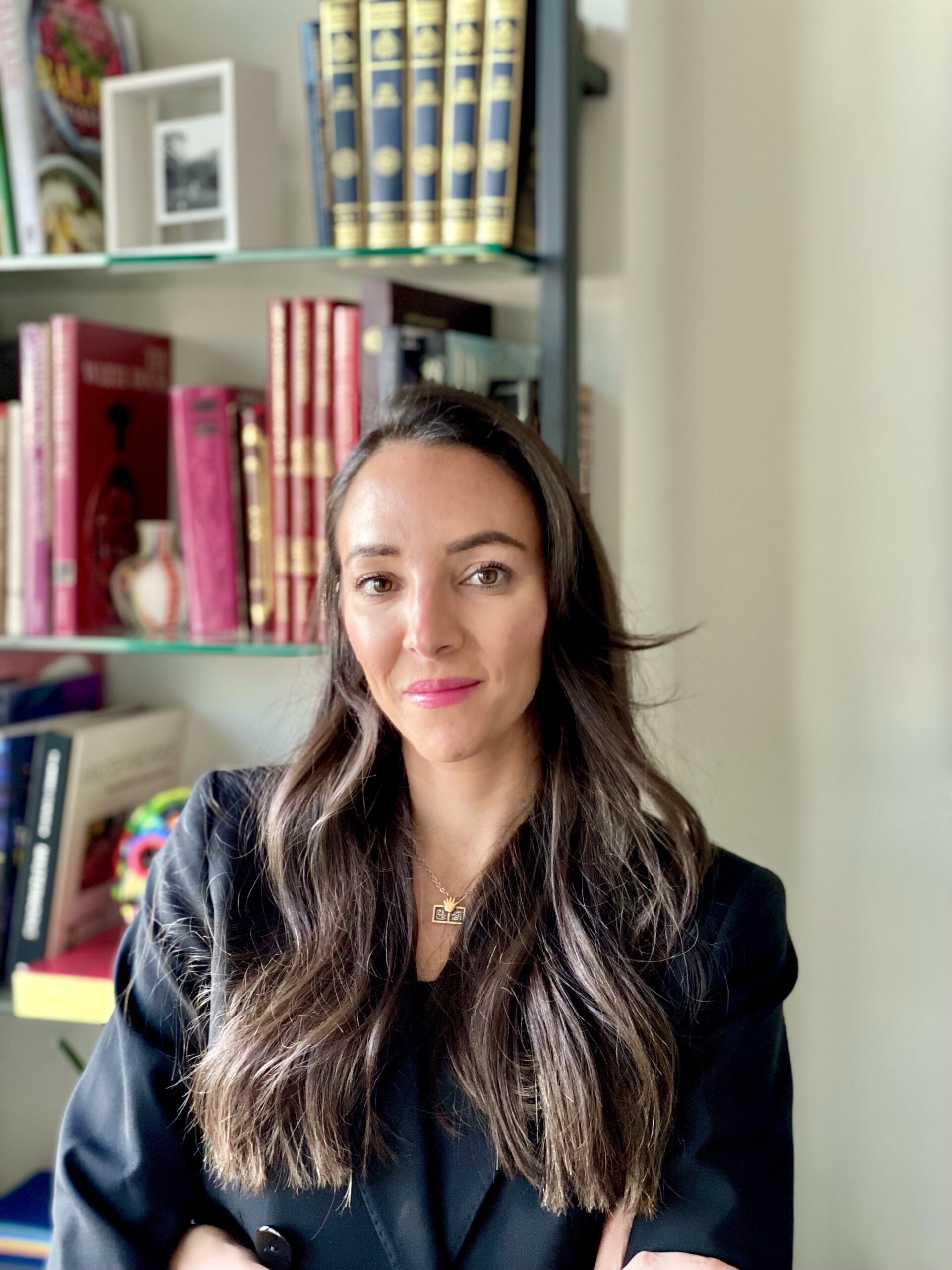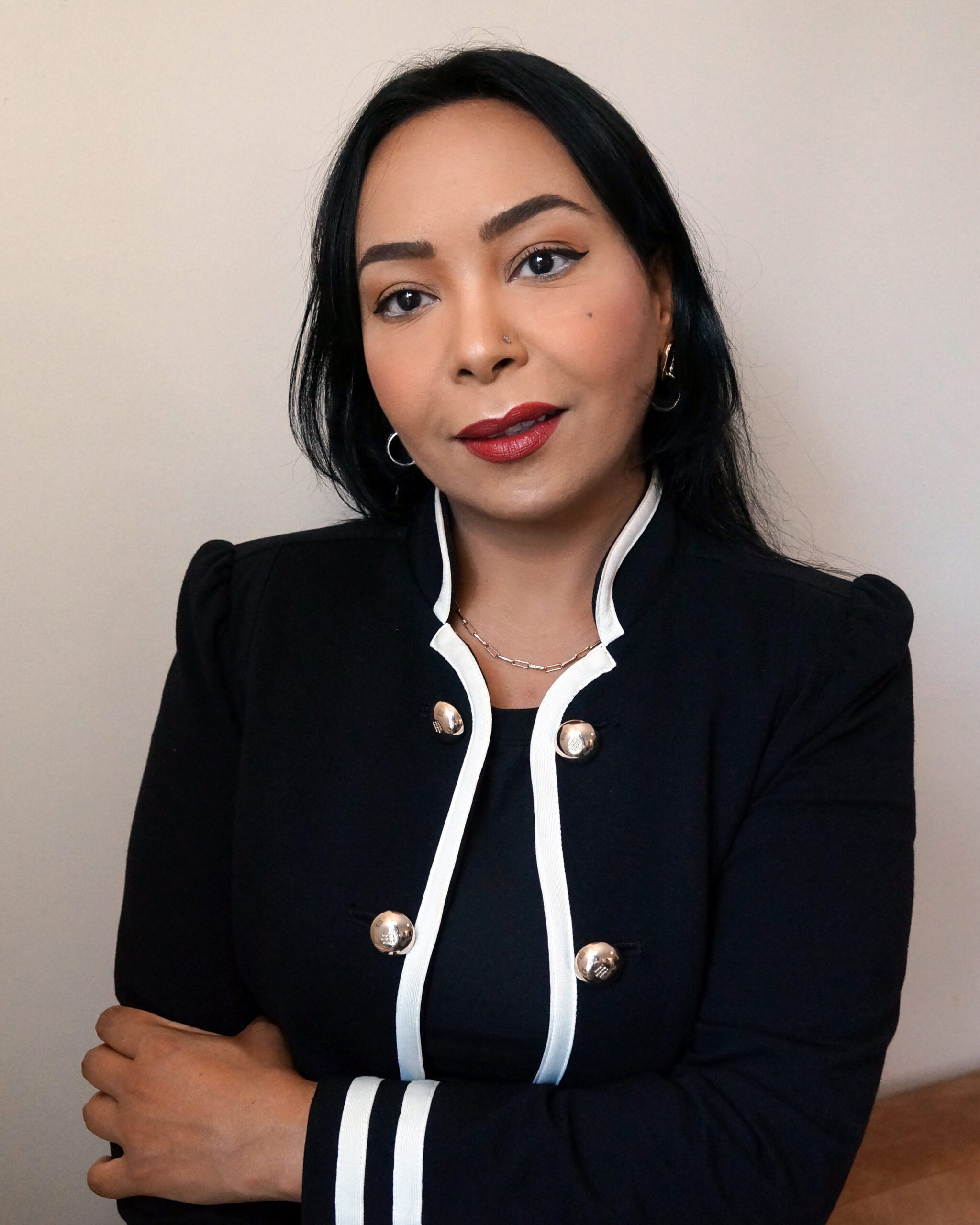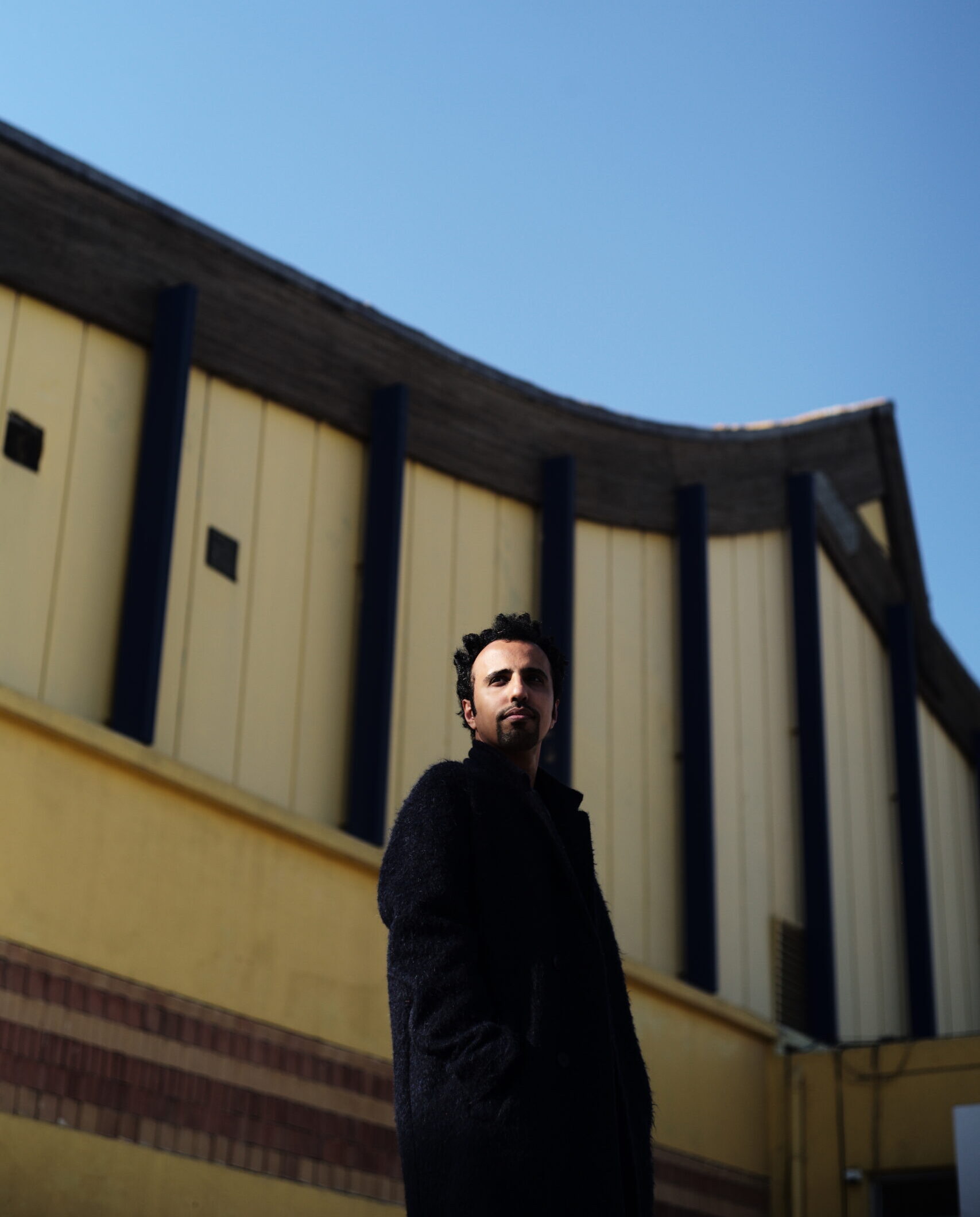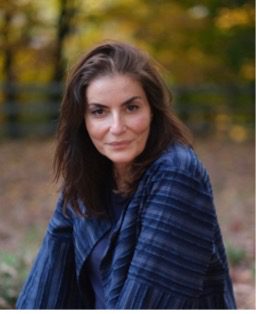The Pope’s Visit and Emirati Soft Power
Pope Francis' historic visit to the UAE, the first by the head of the Roman Catholic Church to the Arabian Peninsula, represents the most high-profile of a series of initiatives positioning the UAE as a champion of interfaith dialogue, moderation, and pluralism.
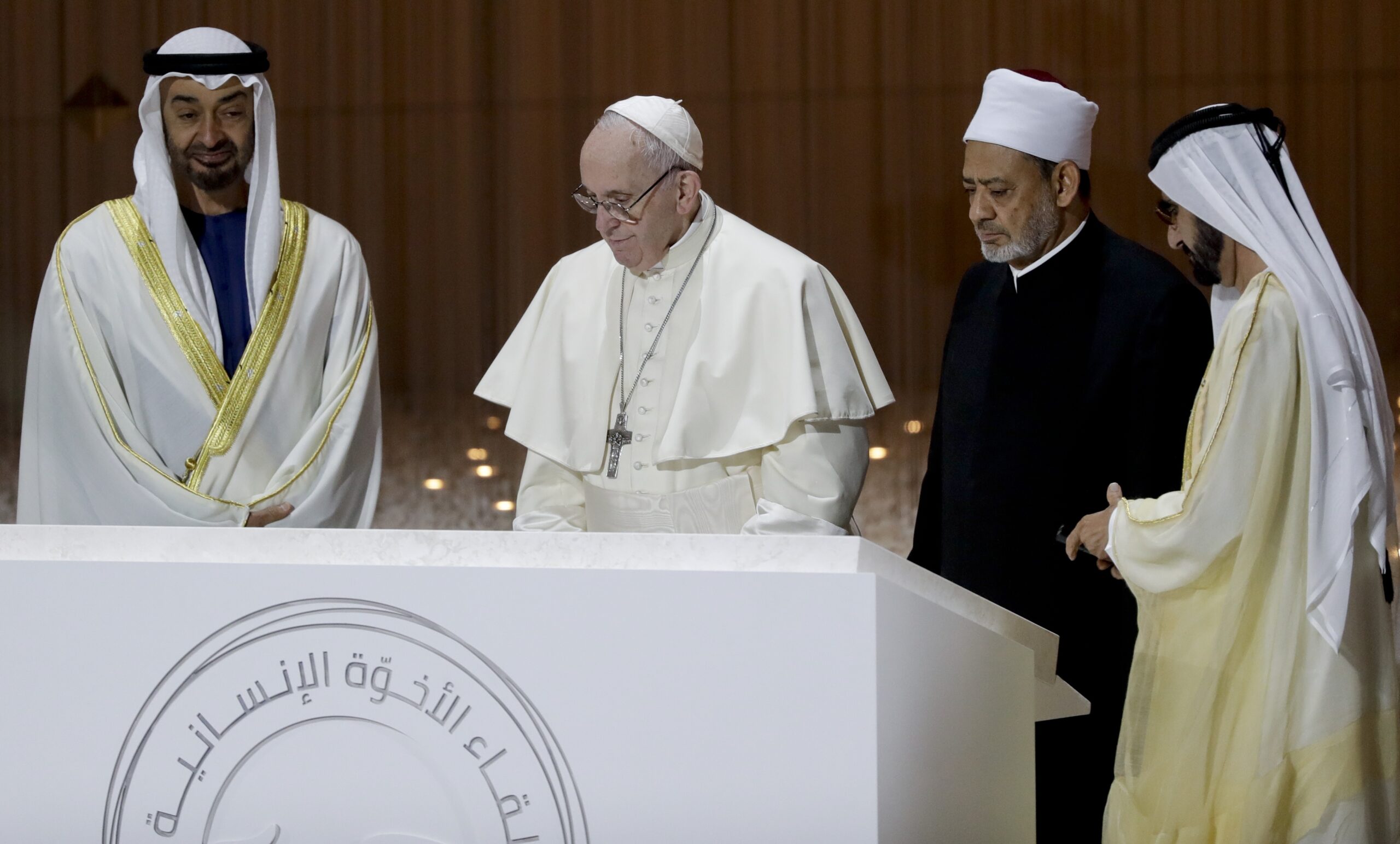
On February 5, Pope Francis concluded a historic three-day visit to the United Arab Emirates, the first-ever trip of a pontiff and leader of the Roman Catholic Church to the Arabian Peninsula. This landmark event was preceded by years of preparation and represents the most high-profile of a series of initiatives positioning the UAE as a champion of interfaith dialogue, moderation, and pluralism. These stand as ideational touchstones for Emirati soft power, tying together the UAE’s positioning as an economic hub within the global economy, its leadership in the Middle East, and its outreach to the broader international community.
Papal Visit, Clerical Initiatives, and a “Year of Tolerance”
Pope Francis’ activities in the UAE aimed to highlight the country’s leadership role in several distinct realms: tolerance of different faith communities at home, championing the meeting of religious leaders with the Arab world’s foremost Islamic leadership, and facilitation of interfaith dialogue globally. The pontiff’s visit was organized to coincide with the Global Conference for Human Fraternity, a dialogue among leaders of the Muslim, Christian, Jewish, Hindu, Buddhist, and Sikh faiths focused on encouraging peaceful coexistence among communities. In addition to meetings with the Emirati leadership, Pope Francis met with Ahmed al-Tayeb, grand imam of Al-Azhar in Egypt and chairman of the Abu Dhabi-based Muslim Council of Elders. The pope’s program closed with a public celebration of the Holy Mass at Zayed Sports City attended by members of the Catholic community living in the UAE as well as other states in the Middle East.
The global conference is indicative of a host of interfaith dialogues that have been held over the past several years, often spearheaded by the Muslim Council of Elders and other clerical initiatives created in the wake of the Arab uprisings. The Muslim Council has worked to institutionalize cooperation between the UAE and Al-Azhar, drawing upon its standing as the pre-eminent institution of Islamic learning and Egypt’s importance as the most populous Arab country.
The Muslim Council and related Forum for Promoting Peace in Muslim Societies have promoted conversations within Islam and with other faiths. These initiatives play a leading role in advancing the ideational component of countering extremism through the implicit recognition and tolerance of difference. Their programs often engage faith communities toward this end, such as the Interfaith Alliance for Safer Communities in November 2018 in Abu Dhabi and the International Muslim Communities Congress in May 2018.
These international initiatives have been organized in tandem with domestic campaigns championing multiculturalism and the acceptance of others within Emirati society. In 2015 Emirati President Khalifa bin Zayed al-Nahyan issued a federal decree criminalizing blasphemy toward any religion as well as hate speech. The following year, the government created a new post, the minister of state for tolerance, and approved the National Tolerance Program to strengthen the government’s role as an incubator of tolerance. These culminated in the declaration of 2019 as the “Year of Tolerance,” meant to highlight the UAE’s leadership instilling the values of co-existence and peace in local, regional, and international communities.
Understanding why the UAE would elevate multiculturalism and interfaith dialogue to such prominence, investing institutional capital and leadership bandwidth around these issues, requires understanding the UAE’s strategic position in the global economy and its ambitions within the wider region.
Multiculturalism Anchors a Global Economy
While still dependent on oil as its primary income, the UAE has gone further than any other Gulf state in diversifying its economy, in part by opening it up to non-Emirati residents and stakeholders. Indeed, the UAE cultivates foreign participation – as investors and visitors – to a degree unmatched in the Gulf. The UAE was thus the first state to open up to foreign property ownership and, more recently, to allow foreigners to fully own businesses and obtain long-term residency visas with some restrictions.
This approach has allowed the UAE striking success in becoming a hub for transportation, finance, commerce, and even tourism, building a brand recognized internationally. But it has not come without stirring some qualms at home, as Emiratis represent less than 15 percent of the total population. This anxiety is expressed in campaigns for the elected Federal National Council, as candidates voice their fear of losing a distinct Emirati culture and way of life. The Emirati government has countered by maintaining economic privileges for Emiratis and cultural norms such as distinctive dress. Still Emirati nationalism has been framed in ways that encourage Emiratis to embrace these diverse investing and contributing communities, with pluralism and tolerance as leading values.
Interfaith Outreach and Emirati Soft Power
In more recent years, this progress in positioning the UAE as an important regional hub in the global economy has been matched by new political ambitions to project Emirati leadership in the region as well as globally. These same values of multiculturalism and religious tolerance have become important ideational resources deployed in countering regional rivals and winning diplomatic allies.
The Emiratis have championed the struggle against extremism, defining it in ideological as well as operational terms. This viewpoint conflates terrorist organizations such as the Islamic State in Iraq and the Levant with political movements such as the Muslim Brotherhood, whose members once advocated nativist rights within the UAE. In this ideological struggle, the interfaith dialogues and peacemaking undertaken by Emirati organizations form a useful contrast to the Islamist activist clerical associations such as the International Association of Muslim Scholars based in Qatar, whose efforts are focused on mobilizing support for Islamic communities.
Emirati officials have also voiced concern for the viability of minority communities such as Coptic Christians in Egypt and Yazidis in Iraq, seeing the elimination of regional diversity as a threat to their model. The Marrakesh Declaration on the Rights of Religious Minorities in Predominantly Muslim Majority Communities, which emerged from a conference jointly organized by Morocco and the Forum for Promoting Peace in Muslim Societies, speaks to their plight. The hosting of Pope Francis, courting the opprobrium of Islamic actors who see his presence on the Arabian Peninsula as an affront to the heartland of Islam, is further evidence of the Emirati commitment to this posture. Still, despite these initiatives, the position of Christian communities in the Middle East remains precarious, which is a primary motivator for the pontiff’s visit.
The Emirati championing of a more pluralistic Middle East has been a potent element of the UAE’s international diplomacy. The strong ideational stance of the Emiratis against Islamic radicalism is broadly appreciated by the United States, as is the Emirati championing of minority and Christian communities in the Middle East. Initiatives in interfaith dialogue have opened up doors to key stakeholders in U.S. politics concerned with Christian communities in the Middle East and Israel’s acceptance in the region.
The Force and Contradictions of Emirati Soft Power
As with any soft power, there are inconsistencies and limits to these ideological positions. While championing liberal cultural elements, the Emirati embrace of pluralism does not extend to open political expression and democratic representation within the UAE. Faith communities experience greater openness than elsewhere in the Gulf states, but blasphemy laws remain in force and proselytizing by non-Muslims remains illegal. Elsewhere in the region, the UAE has been willing to opportunistically ally with groups antithetical to tolerance, such as the Salafi militias in Yemen deemed necessary to counter rival Muslim Brotherhood and Houthi groups. And of course, the Emiratis’ ideological confrontation with the Muslim Brotherhood has contributed to divisions within the Gulf and wider Middle East, confrontations they deem necessary to achieve the transformation they seek in the region.
Emirati interfaith initiatives focus on the power to convene and redefine discourse; some skepticism is warranted regarding the ability for this to change reality on the ground. Pope Francis himself alluded to such shortcomings in his remarks on February 4, advocating for equal citizenship rights for Christians and noting the horrific humanitarian costs of the Yemen war.
Yet there remains an internal coherence to the Emirati posture, which aligns its economic interests with its regional competition and international diplomacy. The Emiratis have made a significant investment in constructing this narrative: building a nationalism consonant with the UAE’s global economic posture, a positive counter to Islamist rivals in the region, and a potent resource in international diplomacy. Welcoming the pope to the UAE was the latest expression of this commitment and the international attention it can bring.
The views represented herein are the author's or speaker's own and do not necessarily reflect the views of AGSI, its staff, or its board of directors.


